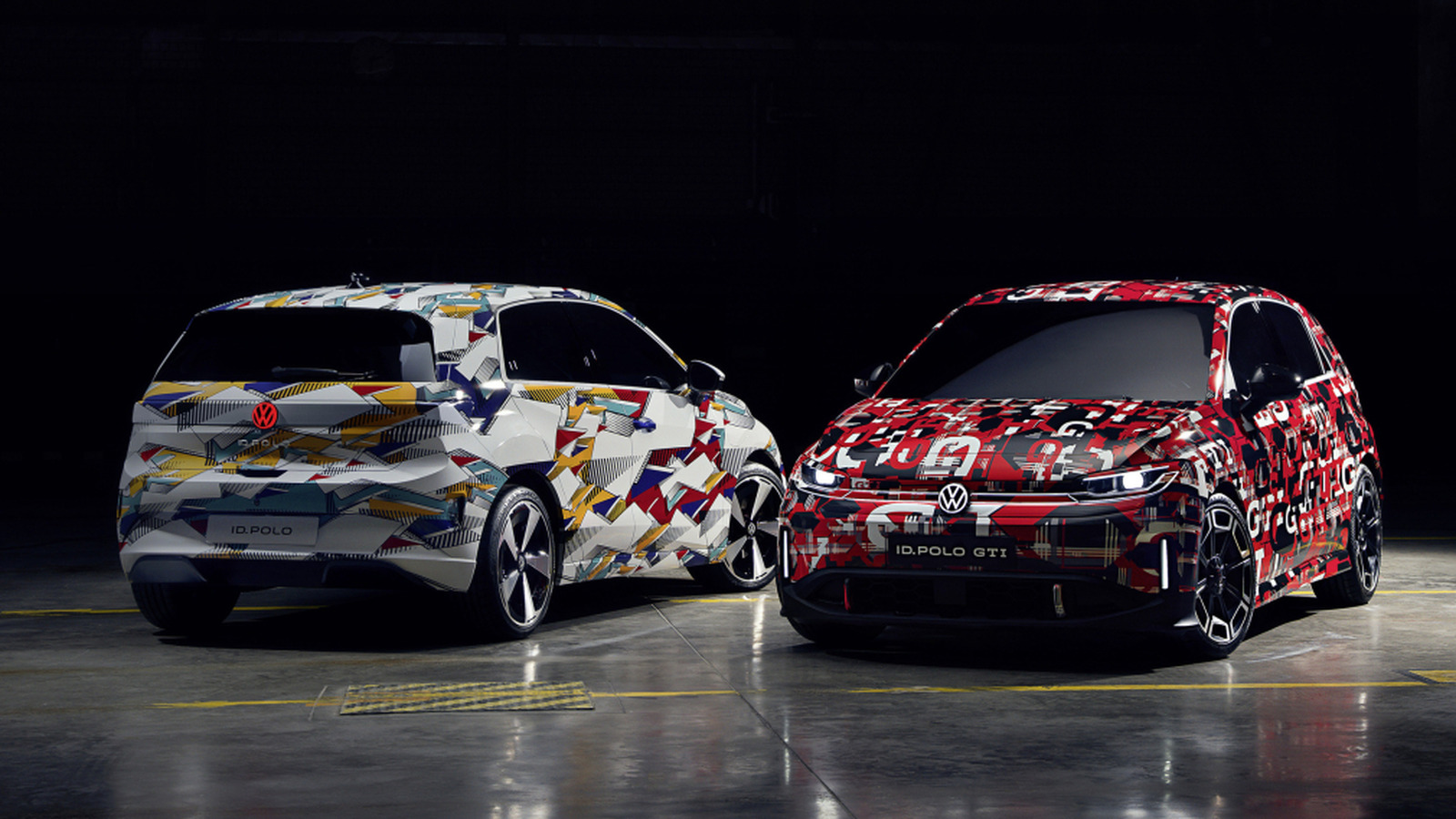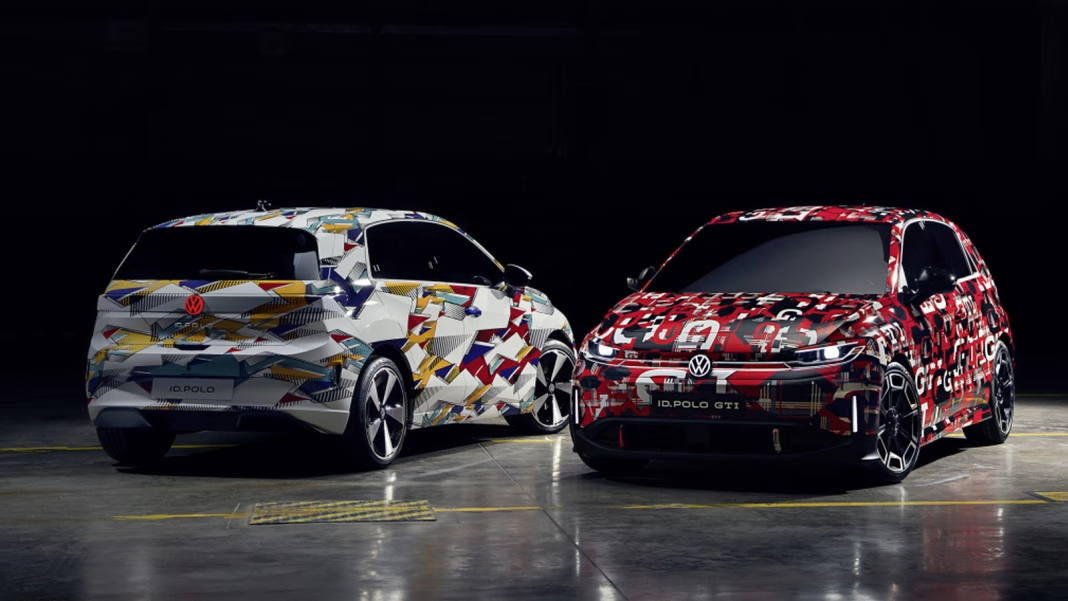Why Is Volkswagen Changing Its EV Naming Scheme?
Volkswagen’s electric vehicles have been easy to spot on the road thanks to their “ID” badge—think ID.4, ID.3, and so on. But if you’ve been following the latest buzz, you might’ve noticed something’s shifting. The company is keeping the “ID” part, but ditching the numbers in favor of actual names. So, what’s behind this move, and what does it mean for drivers and car enthusiasts?
What’s Wrong With Numbers Like ID.4 or ID.3?
Let’s be honest: numbers can get confusing, especially as a lineup grows. When Volkswagen first launched its electric range, the numbers made sense—ID.3 for a compact hatch, ID.4 for a crossover, and so on. But as more models rolled out, the system started to feel a bit clinical. For many drivers, numbers don’t spark much emotion or connection. It’s hard to get excited about a string of digits. Names, on the other hand, can evoke heritage, personality, and even nostalgia.
How Will Real Names Change the Way We See Volkswagen’s EVs?
Switching to real names isn’t just a branding tweak—it’s about building a relationship with drivers. Volkswagen has a rich history of iconic model names: Golf, Polo, Beetle. These names carry stories and memories. By giving its EVs real names, Volkswagen is betting that drivers will feel more attached to their cars. Imagine telling friends you drive an “ID Polo GTI” instead of an “ID.2”—it just rolls off the tongue better and feels more personal.
Are Other Automakers Doing the Same Thing?
Volkswagen isn’t alone in this shift. Several automakers have realized that names resonate more than numbers, especially as electric vehicles become mainstream. Ford stuck with “Mustang Mach-E” instead of a string of numbers. Hyundai’s Ioniq line uses numbers, but even they’re starting to experiment with names for special editions. The trend is clear: as EVs become a bigger part of our lives, automakers want them to feel as familiar and approachable as their gas-powered siblings.
What Does This Mean for Volkswagen’s Future Models?
The first big test for this new naming scheme is the upcoming electric Polo GTI. Instead of calling it something like “ID.2 GTI,” Volkswagen is embracing the legacy of the Polo name—now electrified. This isn’t just a nod to the past; it’s a signal that the company wants its EVs to stand shoulder-to-shoulder with its most beloved models. Expect to see more classic names reimagined for the electric era, blending tradition with cutting-edge tech.
Will This Make It Easier for Buyers to Choose the Right Car?
Absolutely. When you’re shopping for a new car, clarity matters. Real names help buyers instantly recognize the size, style, and vibe of a vehicle. If you’ve always loved the Golf, seeing an electric “ID Golf” makes the transition to EVs less intimidating. It bridges the gap between what’s familiar and what’s new. Plus, it makes conversations at the dealership—or with friends—way simpler.
What’s the Reaction From Drivers and Industry Experts?
Early feedback has been positive. According to a recent survey by J.D. Power, over 60% of car buyers say they prefer vehicles with real names over numerical codes, especially when it comes to EVs. Automotive branding experts point out that names build loyalty and trust—two things that matter more than ever as the industry shifts to electric power. Volkswagen’s move is seen as a smart way to keep its heritage alive while embracing the future.
How Will This Impact Volkswagen’s Global Strategy?
Volkswagen is thinking big with this change. The company’s goal is to make its EVs household names, just like the Beetle once was. By aligning its electric lineup with recognizable names, Volkswagen hopes to strengthen its brand worldwide and make its EVs more appealing in markets where name recognition is key. It’s a subtle but powerful way to stand out in an increasingly crowded electric vehicle market.
The big takeaway? Volkswagen’s new naming approach isn’t about perfection—it’s about smarter adjustments. Start with one change this week, and you’ll likely spot the difference by month’s end. Names matter, and for Volkswagen, they’re betting that a familiar nameplate is the spark that’ll get more drivers excited about going electric.


